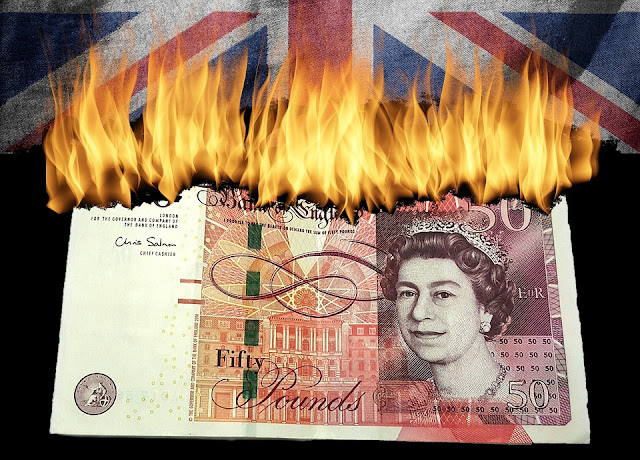FIRE Introduction
What is the point of saving? For some it is to buy a house, for others its to buy a nice car or a big holiday. But once you're settled in your living arrangement or there is nothing material to save for, what else should you do with your money? Do you live to work or do you work to live? These deep questions may make you think about the purpose of work and what we really do with our money.
One answer to why we work and save, is to plan for retirement. When we are old and unable to work and financially support ourselves, hopefully we will have saved enough to provide a income that will last the rest of our lives. But what if you don't want to wait until you're old to stop work. That's where FIRE comes in.
FIRE (Financial Independence, Retire Early) is a movement with a huge following on Reddit r/FIREUK which basically preaches high rates of saving, investing and utilising compound interest to gain financial freedom and retire early. Strategies vary from living like a nomad, not having children, eating tins of budget beans on toast and living extremely frugally to cutting out the luxuries like fast cars, extravagant holidays and fine dining. Personally, I think there is no point sacrificing too much now to live your life later when you may be too old to enjoy it. But there is definitely some middle ground which is useful.
Here are the steps of FIRE how I understand it, hopefully it may help someone out there. It is a huge topic so I'm bound to miss something but the salient points should be there.
1\ Work out how much you spend in an average month and year.
This will help you work out how much you need to have saved to allow you to stop work. Normal things to calculate are monthly housing, bills, groceries, subscriptions, eating out, memberships, transport and travel. Bare in mind, that when you retire, you may not have a mortgage (if you've paid it off) but you may be travelling more (with more free time), you may be doing more activities / eating out, you may have health care issues that need finances and you may want to be helping out family with their finances.
2\ Start saving and investing.
Utilise the UK and work incentives that help you save. This may be your workplace pension (such as the NHS pension), paying national insurance to build up your qualifying years for the state pension, contributing to your SIPPS, topping up your ISAs or investing in stocks or crypto. You can also think of things that will reduce your expenses (allowing you to save more). This will vary on your own personal attitudes to living and what you can or cannot live without.
According to the FIRE community, you should be investing in a global index fund which generally has gone up in value 7-8% every year, though this will fluctuate. Utilising compound interest, this rate of return will generally mean people will double their initial investment after 10 years. Starting early is the most important thing!
3\ FIRE
You can retire when you can produce a passive income that covers your expenses. People in FIRE generally utilise something called a 4% rule, though it is sometimes debated. If for example, you have £1 million in investments, the 4% rule states that you can withdraw 4% of this (£40,000) every year and be able to live on this without depleting your savings. The theory is that your withdrawal will be covered by the likely increase in your investments. The concept however was modelled 30 years ago and with a portfolio consisting a good proportion of Government bonds, but it is a good place to start.
So if you have worked out your annual expenditure as £30,000 annually, you can multiply that by 25 to get your FIRE number. In that example, you should be aiming to have £750,000 invested.For people in the NHS, they get a pension that is paid for life. This will definitely help if you've built up enough in there to live off. The UK also get given a state pension if you've got enough qualifying years - currently this amounts to £9,339 annually. Both of these will only be able to be taken at 68 so you will need to have investments to bridge the gap between your early retirement and this date. If you found that interesting, please share below. Maybe it will inspire you to save more. I will be following this up with the different types of FIRE that people aim for.



Comments
Post a Comment